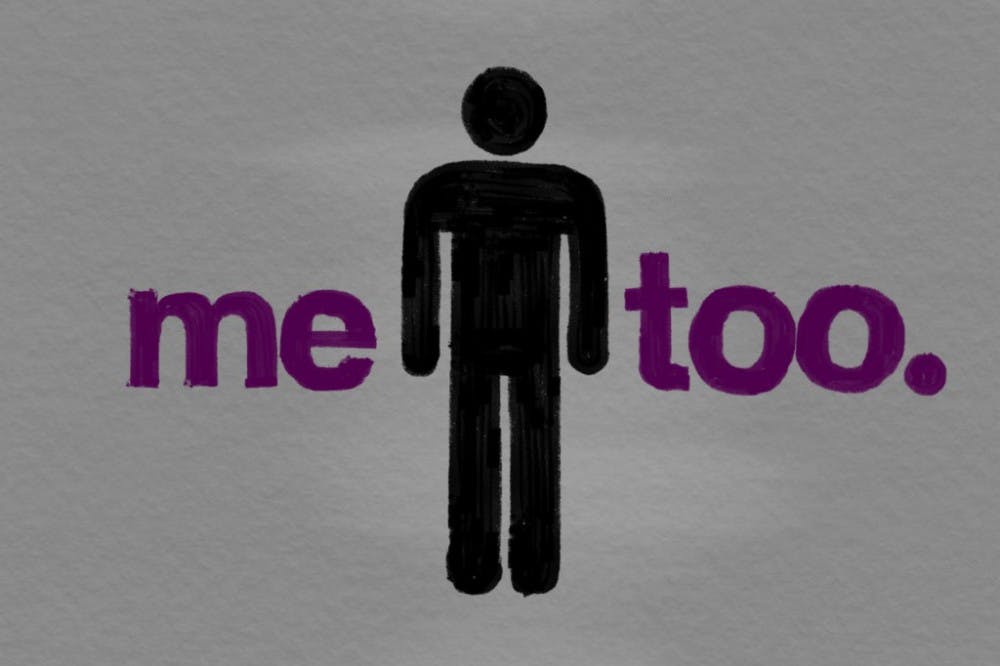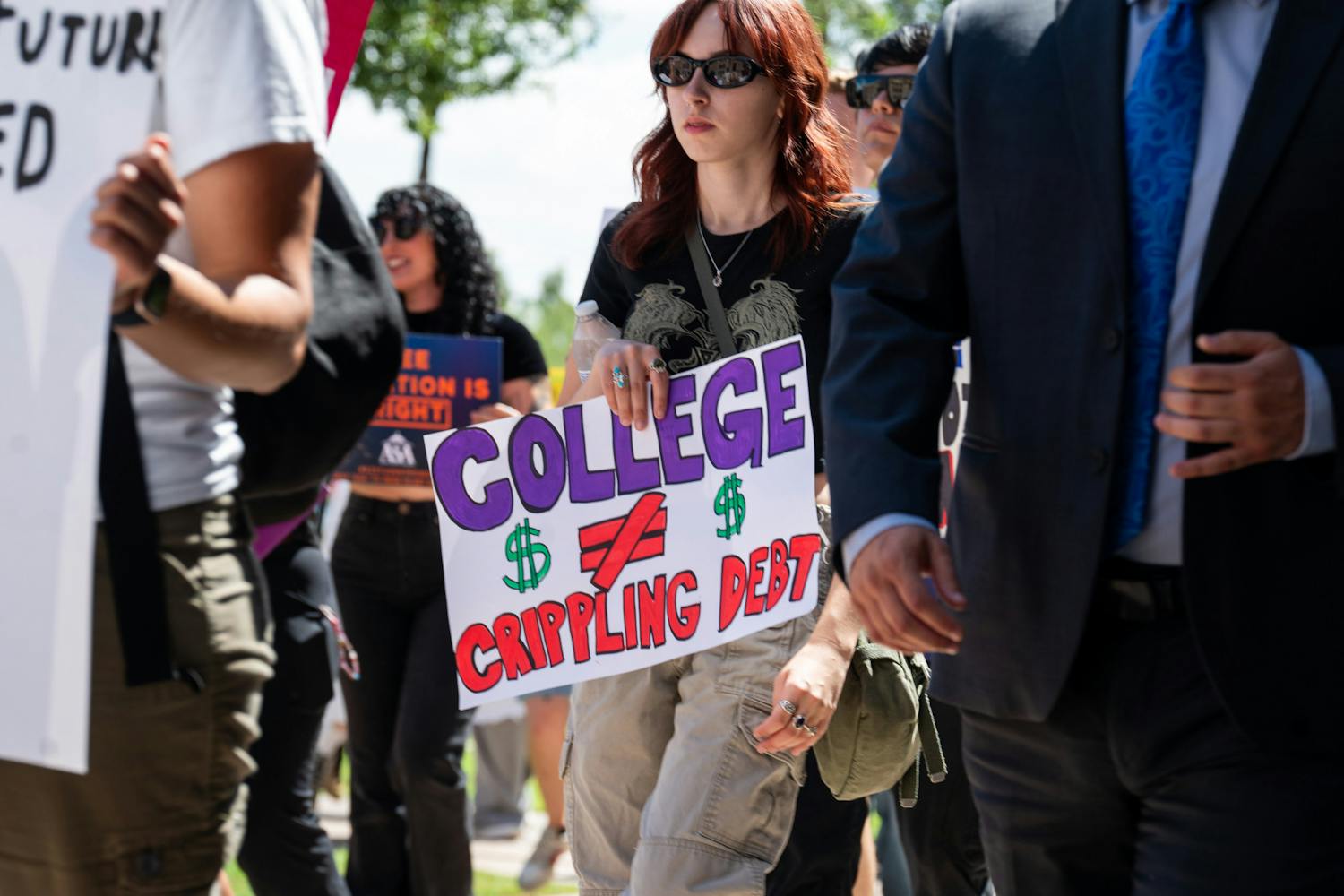"Me Too" is a movement that allows those that have endured sexual assault or have been abused in some way to share their stories in two simple words.
The "Me Too" movement has had a huge social media presence in the last few weeks in light of the Harvey Weinstein accusations from prominent female actresses. You have probably seen many women tweeting, or posting on Instagram with the hashtag, #MeToo, to empower themselves and show other victims that they are not alone.
However, with every empowerment movement, we see the same recurring problem: a lack of male representation.
On the topic of rape and sexual assault, many forget that men can be victims as well. It is crucial to remember that both women and men are victims of sexual assault.
At ASU, studies found that 1.2 percent of male students reported sexual assault while 3.6 reported unwanted sexual touching in 2015.
According to a study conducted by The Rape, Abuse & Incest National Network, one in 10 victims of rape are male.
Men are usually apprehensive about reporting or coming out to the public about being assaulted, often because it puts them in a vulnerable state, and they don't necessarily know whether to define it as assault.
"Women definitely come forward more then men, mostly because men have a difficult time realizing that they have been assaulted and accepting their assault," Michael C. Graham, a Phoenix-based therapist who specializes in trauma, said.
The percentage of female students who come forward with their sexual assault experiences is much higher than males; however, this does not necessarily mean that there is such a big difference between the number of men and women who are assaulted. Often times male students are not reporting what happened to them for a variety of personal and social reasons.
"Initially, it is harder to engage with men after they've been assaulted. For women, it seems to be easier to realize what has happened to them," Graham said. "It can take a long time for a man to realize he has been assaulted, then we begin to process and address it."
ASU offers counseling services for students who suffer from sexual assault while maintaining the students' anonymity.
The epidemic of men staying quiet about their sexual assault is exactly the mindset that women are trying to dispel with the "Me Too" movement.
According to the U.S. Department of Justice, about 12,000 men report sexual assaults each year, but the real number including unreported assaults is thought to be about 60,000.
The reason movements like "Me Too" exist is to give every person a voice and to shine light on the fact that sexual assault can happen to anyone, regardless of gender.
More men who are victims of sexual violence need to realize that there is support available to them if they share their experiences. Also by coming forward, they show other men that they can do it as well.
Reach the columnist at awarshaw@asu.edu or follow @abbey_warshaw on Twitter.
Editor’s note: The opinions presented in this column are the author’s and do not imply any endorsement from The State Press or its editors.Want to join the conversation?
Send an email to opiniondesk.statepress@gmail.com. Keep letters under 500 words and be sure to include your university affiliation. Anonymity will not be granted.
Like The State Press on Facebook and follow @statepress on Twitter.




